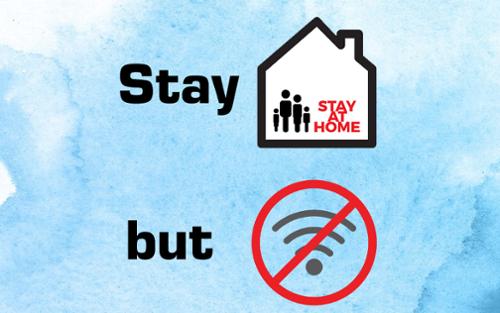Stay Home but NOT online
In the tech developments of the last month, it's worth noting that both Google and Facebook have begun sharing site surveillance information with various authorities around the world to help design a COVID-19 restriction strategy to ensure the best. addressing key areas of concern.
It is argued that the data provided is anonymous and is given collectively, thus eliminating personal indicators. However, the data show that people are monitoring the movements of people - for example, Google's Mobility Reports, which are available in 131 countries and regions (including Greece), show pedestrian traffic trends in different locations such as retail and entertainment, grocery stores and pharmacies, parks, transit stations, workplaces and homes, over time.
Many concerns are raised about the security of personal data as long as the site draws data from users associated with a Google Account (gmail, google maps, etc.), noting that user-related health data could be linked to other online activity. generating revenue for the "tech giant" through advertising. (Verily, however, said that data on COVID-19 was stored separately and was not linked to other Google products, although the privacy policy allowed third parties to share data, including Salesforce, for customer service purposes.)
One might reasonably think that if governments seek to intensify the surveillance of citizens on the occasion of the pandemic, the commercial exploitation of private life is in danger.
In reality, however, the use of all these social networking technologies reduces the possibilities of anonymous use of services and anonymous traffic online and real, and ultimately eliminates the possibility of remaining unnoticed.
The implications for data protection are enormous.
Dimitra Poutouri
Digital Forensic Specialist / Expert Witness MSc in Law and IT, CFCE
a: 326 Monastiriou Str., P.C. 54121, Thessaloniki


 Greek
Greek
